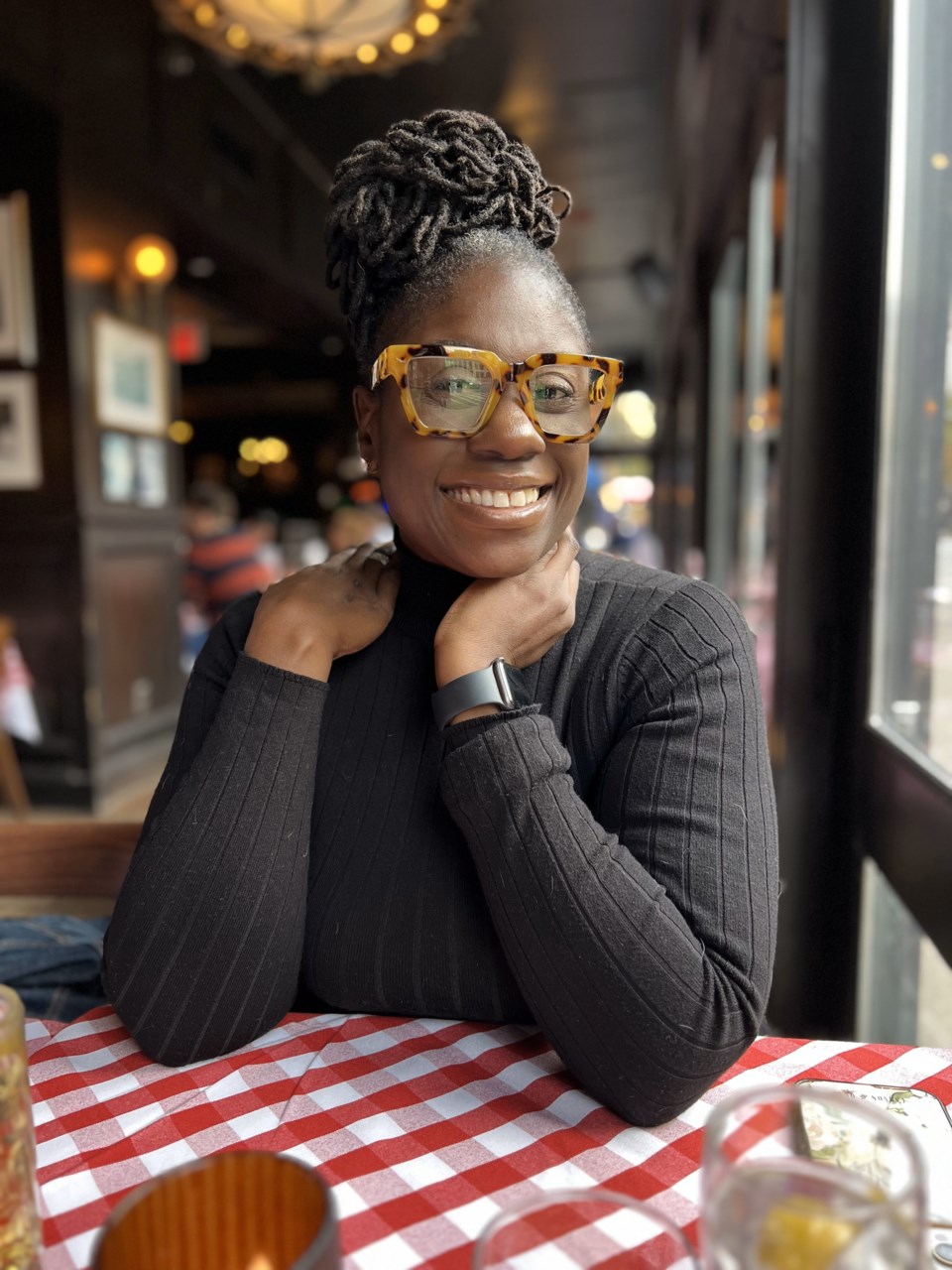By Latasha McNeil
Hello Brooklyn, you have a new resident! With our vast land mass and culture, we, as Brooklynites, have grown accustomed to the uptick in migration to our beautiful borough. From the Brooklyn Bridge to Prospect Park, Coney Island, and Brighton Beach, the County of Kings has unique offerings that attract New York natives and transplants alike. But our newest resident, climate change, is bringing devastating effects that threaten to change forever everything we love about the city’s best borough. The climate crisis has caused an increase in destructive and deadly floods, further exaggerated health disparities, and worsened economic challenges for Brooklyn’s most vulnerable residents.
Being a lifelong Brooklyn resident, I have seen the growth and expansion of our county of Kings. The challenges of the 80s and 90s are gone — many of our most challenging neighborhoods are no longer. It's all light sunshine and green space. The things we knew and loved about Brooklyn are distant memories, and we are replacing those memories with new experiences. Restaurants with outdoor dining, parks, and festivals are some of the new things we cherish. Brooklyn is our peace outside the BIG city: every neighborhood is a melting pot of culture and tradition — our little slice of apple pie.
But as much as we love our borough, others are also drawn to it. This attraction has led us to become New York City's most populated borough, with over 2.7 million residents (about the population of Mississippi) and roughly 600,000 dogs. High rents and neighborhood overcrowding are some things we don't necessarily enjoy but have become accustomed to as residents. Along with the cold winters that, because of global warming, aren't as hard as they once were. Our new resident climate change is changing life as we know it. Instead of harsh winters and heavy snow, we prepare for coastal flooding and storm surges. Super Storms, Hurricanes, and nor'easters are gifts from our new resident.
A study published in Environmental Research Letters predicts that large portions of our Brooklyn coastline will be damaged, flooded, and at risk by 2050. Storm surges and hurricanes have become more frequent because of global warming, putting some of our most vulnerable neighborhoods at risk. Stretches of Coney Island, Brighton Beach, Gravesend, Red Hook, Marine Park, and all of northern Brooklyn's coastline are being affected. Property damage in these coastal areas can harm those who cannot afford exposure after a significant natural disaster — causing those who “have” to struggle to repair and rebuild and those who “have-not” to find other dwellings with limited resources.
Heat-related deaths, Cardiopulmonary issues, food insecurity, and mental health issues are many things our residents struggle with due to housing shortages and overpopulation due to global warming. Bernice Rosenzweig, a professor of environmental studies at Sarah Lawrence College, says, "People in affordable housing are the most exposed to flooding and have the least resources to deal with it." Many residents in lower-income communities suffer from the challenges they face from relocating and rebuilding due to coastal damage from climate change.
Overpopulation in our communities of color is an ongoing and present threat. Poor air quality and reduced food and water quality are significant issues that many are facing. Intertwined with pre-existing health conditions and a lack of community health infrastructure, Brooklyn's communities of color and low-income neighborhoods face disproportionate risk. In addition, the areas affected by storm surges and coastal flooding are being glamorized and converted into booming, over-priced developments that will house a small percentage of New Yorkers who can afford it.
Maya Angelou once said, "If you don't like something, change it. If you can't change it, change your attitude." We know it will take much collective work to correct the damage caused by our new resident climate change. Still, we can change how we approach the situation in our lower-income neighborhoods and communities of color. We must protect Brooklyn as we know it and get our legislators involved to protect our residents.
Latasha McNeil is a native of Brooklyn, New York, who takes great pride in her connection to the borough. She is a proud dog mom and lover of the arts. Latasha is currently working towards her Master Of Public Health at SUNY Downstate Health Sciences University.




